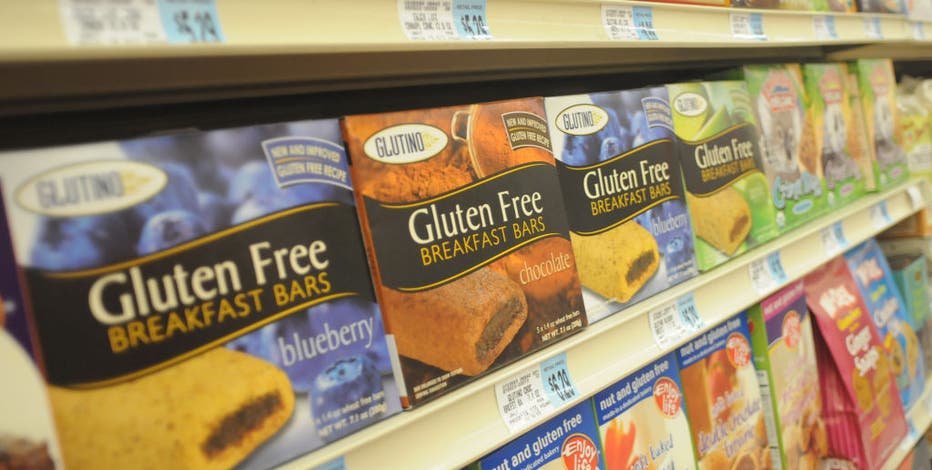Healthier Together: Health benefits of the Mediterranean Diet
This content is from our sponsor.

Healthier Together: The Mediterranean Diet
Earlier this year, U.S. News and World Report voted the Mediterranean Diet as the number one "Best Overall." In this week's Healthier Together, an associate professor of food and nutrition at Seattle Pacific University explains how easy it is to adopt this approach to food.
Earlier this year, U.S. News and World Report voted the Mediterranean diet as the number one "best overall" diet to be following.
In this week's Healthier Together, an associate professor of food and nutrition at Seattle Pacific University explains just how easy it is to adopt this approach to food.
"Having lived in the US for over 25 years now, I've been very curious and kind of fascinated by this tension that exists around food," said Dr. Daniela Gheleva.
"There's a lot of focus and interest in individual food products and individual foods, and individual food groups and individual nutrients. And so all of these trends lead people to dramatically change their diets, emphasizing individual food groups or individual nutrients and kind of losing sight of the big picture. And really the big picture is what the Mediterranean diet is all about," she said.
"People in the Mediterranean region are significantly less concerned about minute aspects of their daily eating. There's so much concern about maintaining the food tradition, maintaining the overall food culture and being really proud of that food culture, and allowing their meals and daily food choices to emulate that food culture," Gheleva said. "In addition, there isn't one Mediterranean diet. The Greeks don't eat the way the Italians eat, and the Italians don't eat the way the French or the Spanish eat."
Featured
Healthier Together: Understanding Celiac Disease
While we may be more aware than ever of the impact gluten has on many people’s health, celiac disease is still dramatically under diagnosed.
Gheleva said there are different ways to implement the diet and the benefits are still the same. She said the key is to include plant-based foods, olive oil and make meat and animal products be more of the side dishes.
"It's not about counting calories, it's not about a list of off limit foods or food groups. It's also not about having a pile on your plate of starchy pasta or rice with little something else," she said.
During her time in the Mediterranean region, one of the things Gheleva observed is how tied people's daily eating pattern, decision and choices is tied to what's available in the local markets.
"To a large extent, that's available in the United States as well. Farmers' Markets have really blossomed, and really what's available there is typically the freshest, most nutrient dense food for the given time of year," Gheleva said. "What I love about the Mediterranean Diet is that it includes easy to find everyday foods, and it does not include any specialty, expensive food products or items."
Gheleva also said the diet is easy to adapt no matter where you live and what is regionally available to you or what your own food tradition calls you to do.
This content is from our sponsor.


